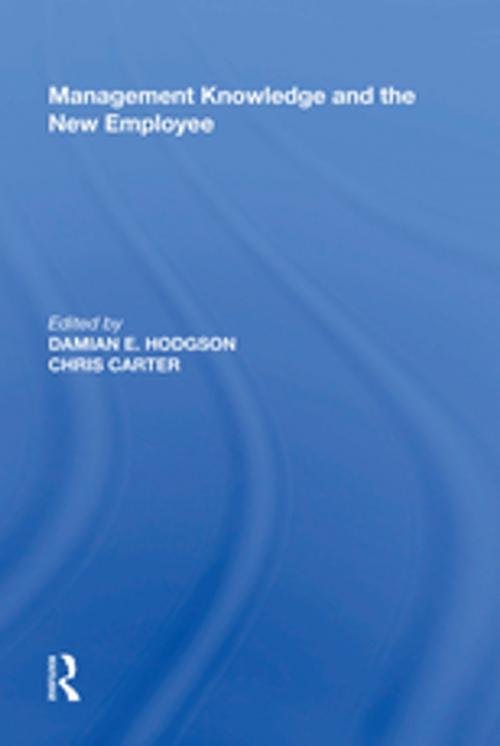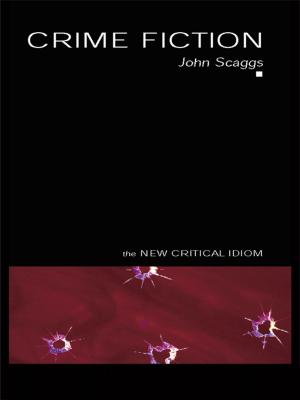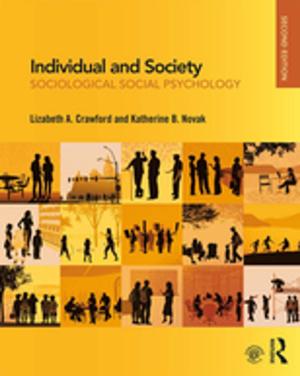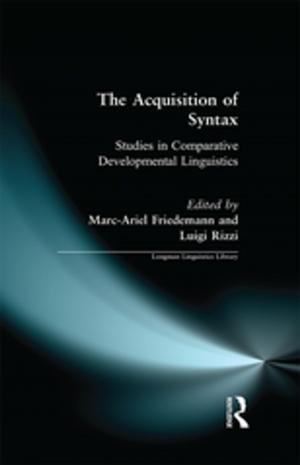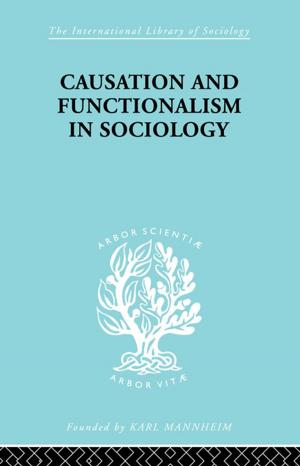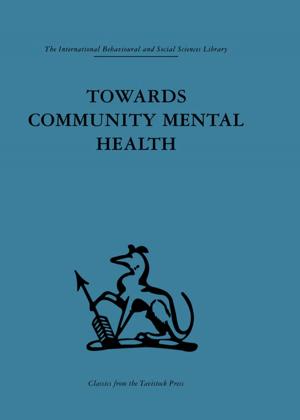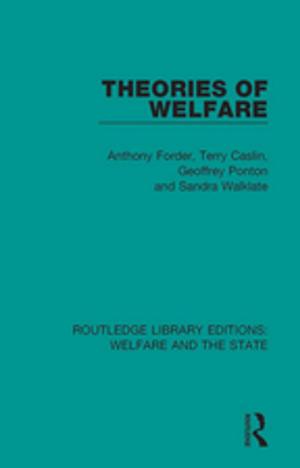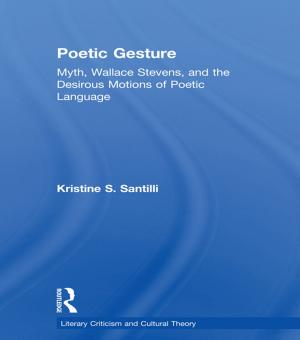| Author: | Chris Carter | ISBN: | 9781351153423 |
| Publisher: | Taylor and Francis | Publication: | November 28, 2017 |
| Imprint: | Routledge | Language: | English |
| Author: | Chris Carter |
| ISBN: | 9781351153423 |
| Publisher: | Taylor and Francis |
| Publication: | November 28, 2017 |
| Imprint: | Routledge |
| Language: | English |
Hodgson and Carter present a volume that contributes to the ongoing debate in Knowledge Management. They develop themes explored in Roy Jacques' influential text, Manufacturing the Employee, as a starting point the authors consider the status of contemporary management knowledge. They do this from a range of theoretical positions that draw key implications for both research and teaching. The volume hosts an array of eminent scholars in the field. The collection explores, and at times takes issue with, the increasing influence of post-structuralist thought on our understanding of the nature of management knowledge, and draws key implications for both research and teaching. The various chapters consider the nature of management knowledge from perspectives as diverse as management history, discourse analysis, gender, post-structuralism, social construction, neo-institutionalism, and critical realism.
Hodgson and Carter present a volume that contributes to the ongoing debate in Knowledge Management. They develop themes explored in Roy Jacques' influential text, Manufacturing the Employee, as a starting point the authors consider the status of contemporary management knowledge. They do this from a range of theoretical positions that draw key implications for both research and teaching. The volume hosts an array of eminent scholars in the field. The collection explores, and at times takes issue with, the increasing influence of post-structuralist thought on our understanding of the nature of management knowledge, and draws key implications for both research and teaching. The various chapters consider the nature of management knowledge from perspectives as diverse as management history, discourse analysis, gender, post-structuralism, social construction, neo-institutionalism, and critical realism.
